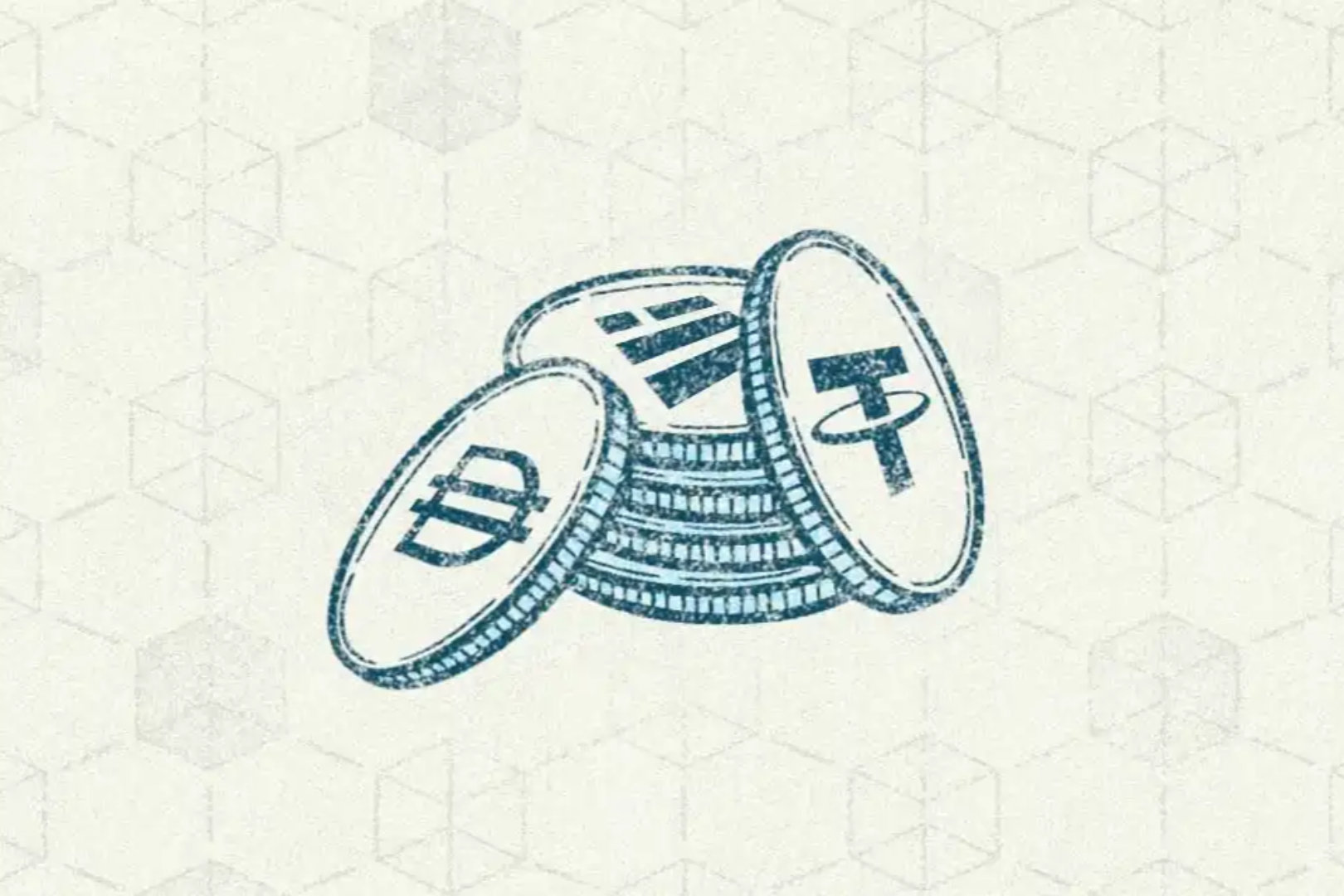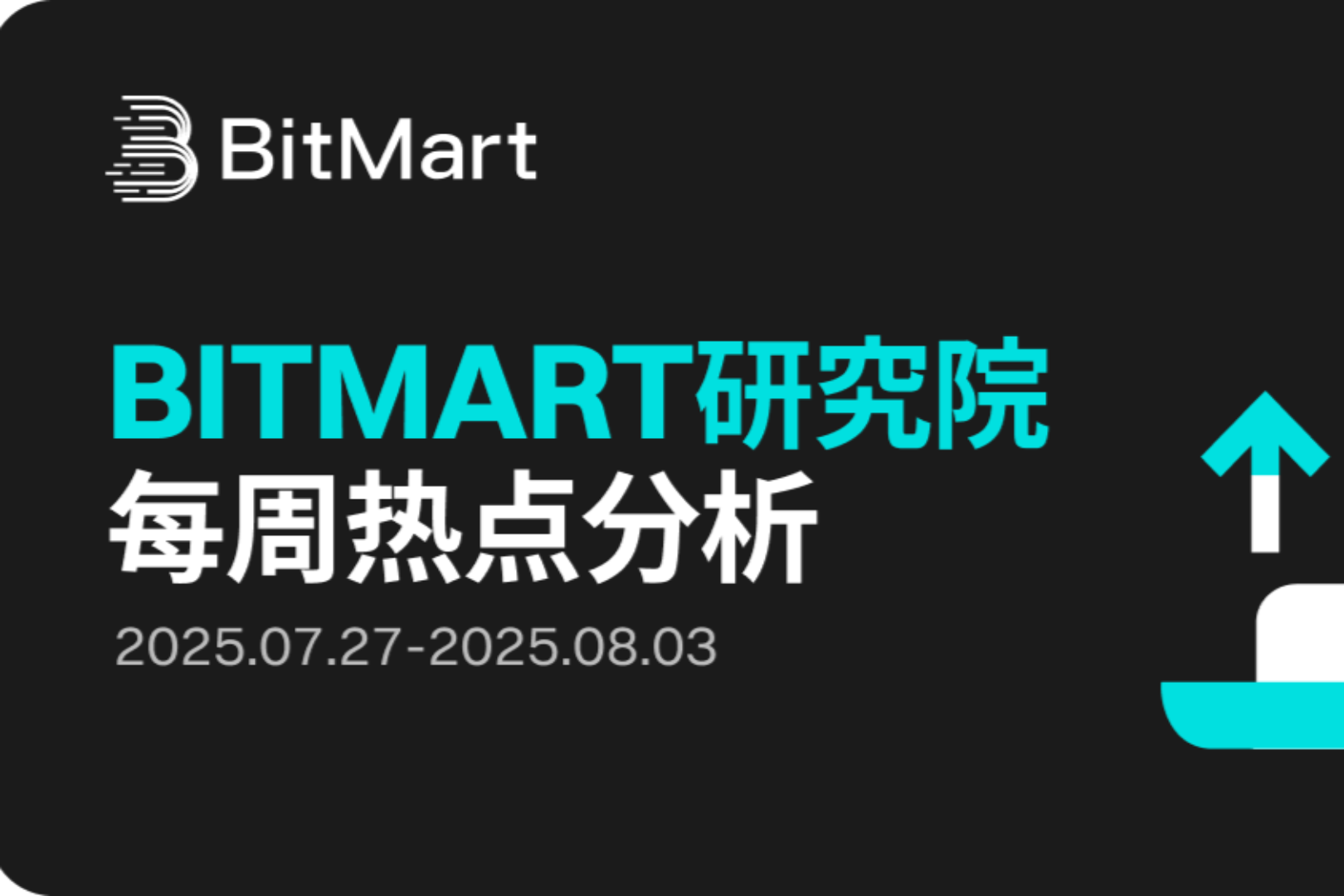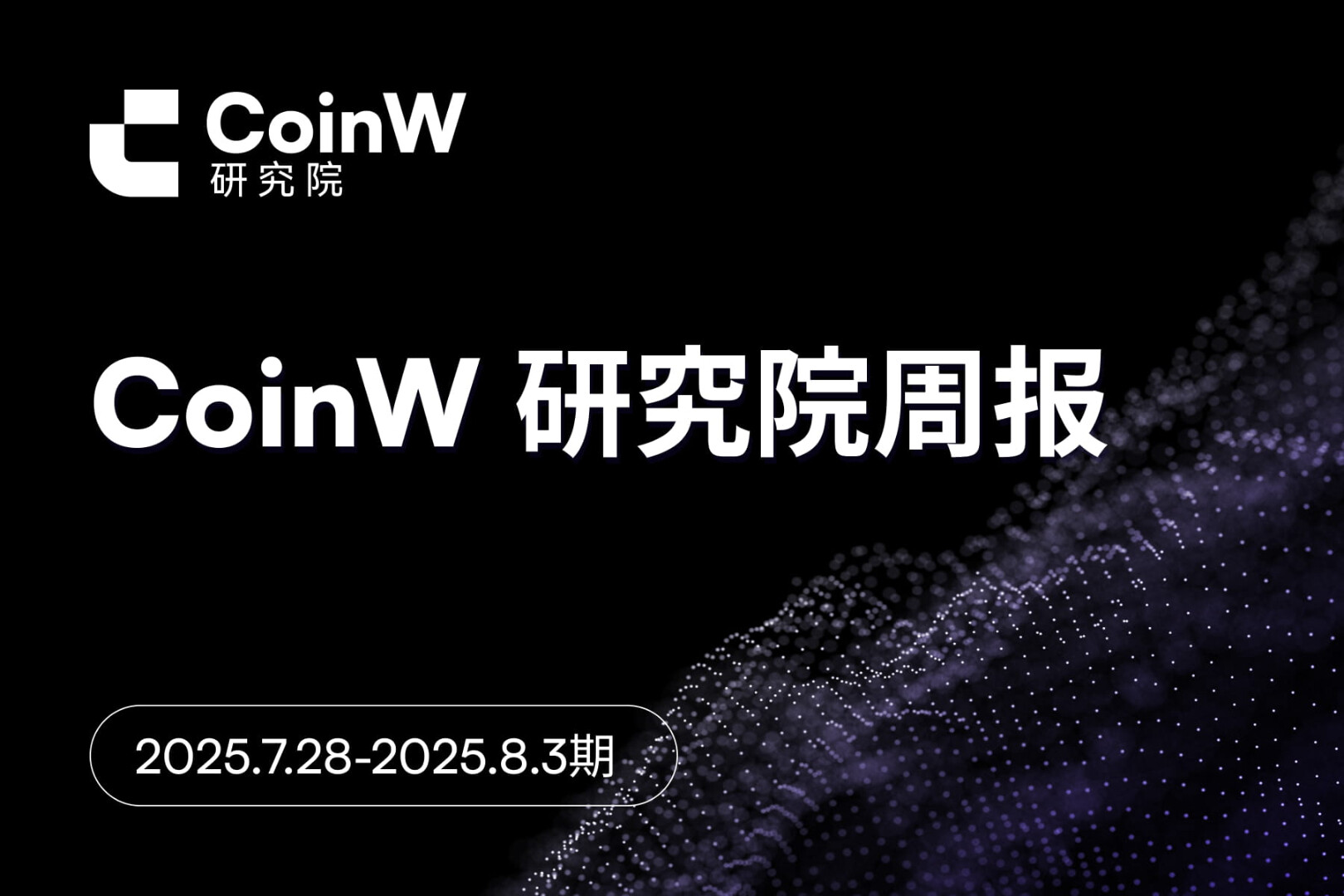On October 8, the encryption trading platform Huobi Global announced that the controlling shareholder company of Huobi Global had transferred all of its shares in Huobi Global to the funds under Baiyu Capital, and the M&A fund under Baiyu Capital became the largest shareholder and actual controller of Huobi Global. people. At present, the formal delivery of equity and business has been completed. The official stated that this transaction only involves the change of the controlling shareholder and will not affect the existing core management and operation team.
Just after the encryption trading platform Huobi Global completed the sale of its equity and business to the fund of Hong Kong Baiyu Capital, Li Lin, the founder of Huobi, posted on social media, stating that he is no longer the actual controller and shareholder of Huobi Global, and no longer has any authority . "Huobi has been nine years since I founded it, and it is an unforgettable experience." Li Lin said.
Li Lin's complete departure also marks the end of Huobi Li Lin's era. In the history of cryptocurrency, this 9-year-old trading platform has witnessed everything about Bitcoin in China. Veteran players should still remember the crazy list of trading platforms, the struggle of the three major companies, and the disputes between the founders on social media in the past few years.
first level title
A Brief History of Nine Years
It was 2013 that Bitcoin really had a relatively large group in China. In just a few months of that year, the price of Bitcoin increased by more than 10 times, and domestic and foreign media rushed to report. At that time, the domestic mainstream platform was Bitcoin China, and the foreign mainstream platform was Mt.Gox.
image description

The sudden market interface of several major trading platforms in 2013 (Source: Weibo user Xiaofrienddi)
In 2011, at a class reunion, Li Lin learned about Bitcoin for the first time. Li Lin, who graduated from Tsinghua University, has a technical background and worked in the top Internet Oracle, returned home that night, searched for relevant information, and joined a Bitcoin-related discussion group. Obviously, he is very interested in this product that is different from the mainstream currency.
At the end of 2012, Li Lin, who had experienced two unsuccessful entrepreneurial experiences, also began to look for new opportunities. After learning about the pain points of the Bitcoin trading platform, Li Lin realized this opportunity. On September 1, 2013, Huobi was officially launched.
At that time, Huobi announced the exemption of transaction fees as soon as it went online, so as to attract traffic and occupy a place. This may also be a last resort for new entrants. Giving up fee income and charging for value-added services also made Huobi quickly gain popularity. Subsequently, Huobi developed in a satisfactory manner, launched new projects and products, and steadily accumulated users.
In 2017, the "Ninth Fourth" of the industry appeared. On September 4, the seven ministries and commissions of the Central Committee issued the "Announcement on Preventing the Risks of Token Issuance and Financing", calling for the suspension of IC0 and defining it as an illegal financial activity. All domestic virtual currency trading platforms were ordered to close within a time limit and stop new user registration. Huobi had to announce the suspension of all user transactions in response to the policy impact. Under heavy blows, major trading platforms have stopped their domestic business and turned to overseas development. At this stage, Huobi started its own global layout, setting up sites in South Korea, Japan, the United States, Russia and other places.
However, attracted by huge profits, the "fleeing" trading platform returned soon after the crackdown on the limelight. In July 2018, a survey by The Beijing News found that five of the world's top ten trading platforms have opened registration to Chinese users. In November 2017, Huobi released a monthly report stating that new users increased by 2055%.
In the following years, Huobi also followed Binance and other trading platforms and launched its own platform Token HT and IE0 services, and the trading platform entered the era of hand-to-hand combat. Binance has not yet fully established itself in the Chinese market. Huobi and OKEx are trying their best to maintain their own users. It is no exaggeration to say that this is the market era influenced by trading platforms. The market has turned from bull to bear, and the project has no innovation. At that time when there is no hope, a series of operations of the trading platform are maintaining the retention of users.
image description

Huobi Weibo (picture from the Internet)
It was also during the same period that Huobi, which suffered from regulatory difficulties, started its own road to listing and compliance. In August 2018, Li Lin teamed up with Teng Rongsong, a former cadre of the China Development Bank, to acquire a 71.67% stake in Tongcheng Holdings at a price of HK$2.72 per share. In the following two years, Huobi Universal, the controlling shareholder of Huobi Global, increased its holdings of shares eight times in a row, gaining absolute control over the company.
At the end of 2019, Li Shufei, Huobi's CFO, revealed in an interview that he hopes to complete the company's listing goal through mergers and acquisitions. After gradually integrating business with listed companies, Huobi slowly came to "under the sun" and got closer and closer to the authority. In the mouth of Huobi executives, they often heard "helping the digital financial industry" and "targeting national applications". , "serving the global market through blockchain technology" and other terms.
2021 is a turning point in the fate of Huobi and other domestic trading platforms, and Huobi, which has just embarked on the compliance road, has been hit in the head.
On October 26 of the previous year, there were rumors that Li Lin was taken away by the police, but the next day the officials came forward to clarify. In November, Huobi’s “No. 2” Zhu Jiawei was taken away by the police to assist in the investigation, and the platform’s Token HT plummeted.
On September 15 of the following year, the Supreme People's Procuratorate of China, the Ministry of Public Security, the Banking and Insurance Regulatory Commission, the State Administration of Foreign Exchange and other departments jointly issued the "Notice on Further Preventing and Dealing with the Risk of Hype in Virtual Currency Transactions" to severely crack down on virtual currency transactions and speculation. Among them are trading platforms that provide virtual currency trading services to mainland users.
Afterwards, Huobi announced the complete withdrawal of mainland users, and Li Lin even personally apologized to high-net-worth customers in the community, "Even if there is no Huobi, everyone can choose Binance and OK." According to Huobi Lianchuang Du Jun, the withdrawal of mainland users caused Huobi to lose 30% of its profits. Since then, Huobi has gradually faded from people's vision.
On August 12 this year, Bloomberg reported that Huobi founder Li Lin was in talks with a group of investors to sell his stake in Huobi at a valuation of up to $3 billion. The official stated that "there is currently no plan for the transfer of major shareholders' shares, and the company's operations are normal." In less than two months, the equity transfer with Baiyu Capital was officially completed.
first level title
next decade
In this industry, there are new wealth myths, new KOLs, and new hotspots every year. The only thing that can be evergreen with Bitcoin, in addition to projects, may only be trading platforms. Huobi has grown fast enough, but Binance is even crazier, standing at the top of the world in 3 years; but Binance does not dare to slack off, and behind it is FTX, which has dominated the crowd in just two years.
Although Huobi still has problems of one kind or another, it is undeniable that this is a person who has witnessed the industry from zero to 1 and then to 10. "I have been trading in Huobi for many years, and I have seen that this circle has changed from few people communicating to now forming an industry", this is the sigh of an old leek in the encryption circle. From the web page to the APP, Huobi's account has recorded the industry's 9-year history, and also witnessed the development of Huobi, from the simple exchange of several cryptocurrencies to the huge ecological system of derivatives, nodes, mining pools and other products.
No one can judge the future shape of the trading platform. How much can the public chain empower the trading platform? Can decentralized trading platforms replace centralization? Is cloud service just needed? None of them knew. The only thing that is certain is that Huobi has left Li Lin, and there will be Zhang Lin and Wang Lin. In the next round of upsurge, mainstream trading platforms will definitely not be absent, as many crypto netizens said: "There will be more A new wealth story is born".





